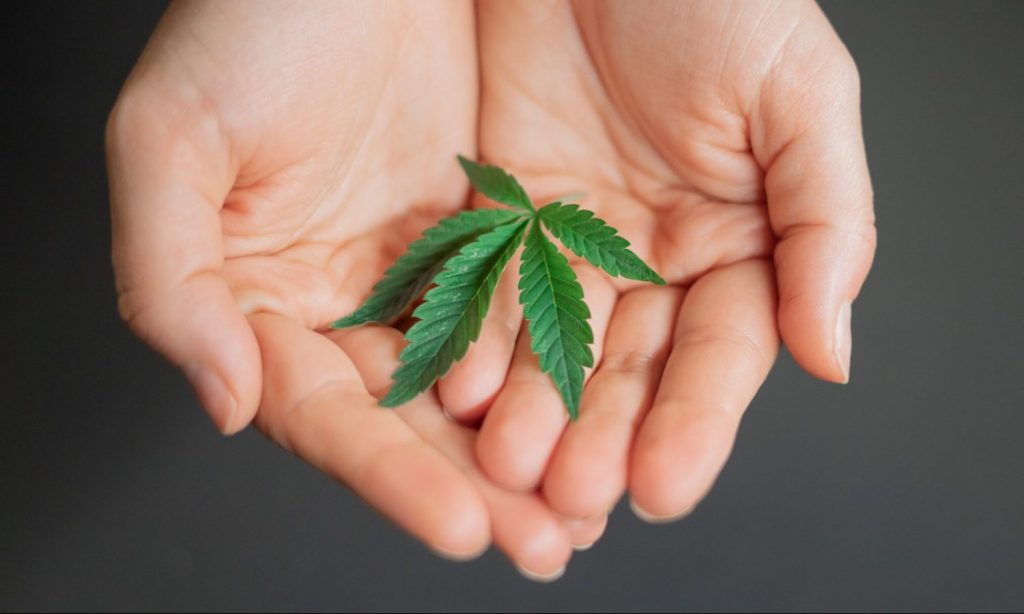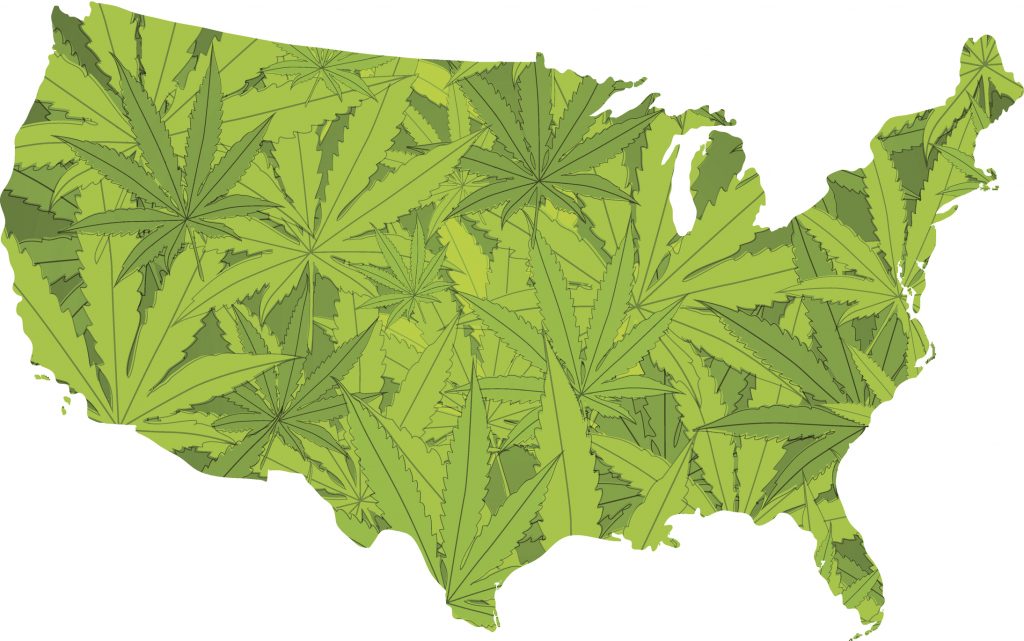You are here
Home 🌿 Marijuana Politics 🌿 Why The US Cannabis Industry Is Better Positioned Than Canada To Go National 🌿Why The US Cannabis Industry Is Better Positioned Than Canada To Go National

Should federal legalization pass in the U.S., sales could boom not only because of broader demand, but because American companies are prepared for this eventuality.
Cannabis industry optimism in the United States is mounting alongside increasing expectations for national legalization.
Skeptics, however, point to the Canadian experience and suggest we temper our enthusiasm. To be sure, years removed from 2018 legalization, most marijuana producers in Canada are still reporting losses.
Cannabis has substantial potential in Canada, but it has been a bumpy ride so far. At first, producers were not prepared with enough supply to meet demand. There was a substantial backlog in orders, and producers were not sure what products or strains would be popular and where.

Photo by Kindel Media from Pexels
Now there is too much supply. Rosy projections have been slow to materialize in a tightly regulated distribution system that largely bans advertising and marketing. This government intervention has hindered sales and made it difficult to balance supply with demand.
Additionally, coronavirus disruption slowed retail store growth, adding to higher inventory and causing price deflation.
The U.S. is much better prepared, however, and Canada’s tribulations are part of the reason why: We have learned from our northern neighbor’s experiences. We know not to repeat the same mistakes. Equally important, we have a long runway of experience established in California, the nation’s largest state and a major cannabis market on the global stage.
California cannabis growers have been developing legal marijuana products since 1996, longer than everywhere but Amsterdam.
Driven by California and other states in recent years, legal marijuana growers in the U.S. have earned the reputation of creating the best products in the world, scientifically grown and tightly regulated for quality and safety. They have also mastered the analysis necessary to predict trends in consumption, allowing cultivators to adjust production in anticipation of shifts.

Photo by krisanapong detraphiphat/Getty Images
The genetics and sophistication underlying the U.S. cannabis industry led to better-quality flower, attracting higher prices and ensuring they are able to meet the taste requirements of a diverse consumer base. Much like wine, cannabis use is driven by a desire for a specific taste and experience directly relating back to a cultivar’s composition.
U.S. companies also have in place robust production and distribution systems to meet demand efficiently and profitably. They can be scaled up as demand rises.
Several cannabis companies, including Kings Garden, are consistently and increasingly profitable.
The U.S. marijuana industry is now valued at more than $18 billion, according to the Marijuana Business Factbook. The legal market in California reached $4.4 billion in sales in 2020, surging from $2.8 billion a year earlier.
Additionally, mounting momentum at the state level in the U.S. makes national legalization increasingly likely. New York, New Mexico, New Jersey and Virginia all approved recreational cannabis laws this year. According to the Marijuana Policy Project, 18 states have now legalized recreational cannabis and 36 allow cannabis for medical reasons.

Photo by traffic_analyzer/Getty Images
A national legalization bill passed the U.S. House late in 2020, and support in the U.S. Senate is building this year. Should such legalization pass, sales could boom not only because of broader demand, but because American companies are prepared for this eventuality.
With federal legalization, international markets will open. BDS Analytics estimates that cannabis sales outside the U.S. and Canada could swell at a 38% compound annual growth rate to $8.3 billion by 2026.
International sales would further boost demand for U.S. crops.
U.S. cannabis companies are preparing now for the full potential of demand to avoid the pitfalls experienced by Canada. Savvy investors would be wise to take note of this.
Already, debt market terms are steadily improving as competition to lend to cannabis companies increases. This signals investor expectations for a bright future defined by expanding market opportunities, increased sales and consistent profitability.
I confidently share the same outlook.
Lauri Kibby is co-founder and chief financial officer of Kings Garden, California’s preeminent cannabis cultivation, processing, distribution and manufacturing company.
420 Intel is Your Source for Marijuana News
420 Intel Canada is your leading news source for the Canadian cannabis industry. Get the latest updates on Canadian cannabis stocks and developments on how Canada continues to be a major player in the worldwide recreational and medical cannabis industry.
420 Intel Canada is the Canadian Industry news outlet that will keep you updated on how these Canadian developments in recreational and medical marijuana will impact the country and the world. Our commitment is to bring you the most important cannabis news stories from across Canada every day of the week.
Marijuana industry news is a constant endeavor with new developments each day. For marijuana news across the True North, 420 Intel Canada promises to bring you quality, Canadian, cannabis industry news.
You can get 420 Intel news delivered directly to your inbox by signing up for our daily marijuana news, ensuring you’re always kept up to date on the ever-changing cannabis industry. To stay even better informed about marijuana legalization news follow us on Twitter, Facebook and LinkedIn.




